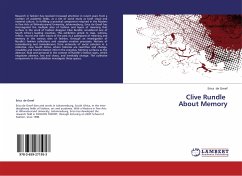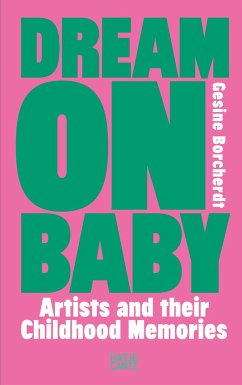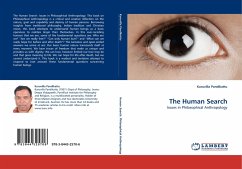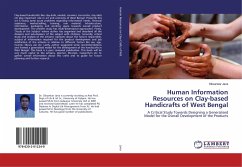
Memory and Landscape: Human Rights Violations in Chile
Unveiling Historic Truth 1973-1990
Versandkostenfrei!
Versandfertig in 6-10 Tagen
16,99 €
inkl. MwSt.

PAYBACK Punkte
8 °P sammeln!
This book examines the specific case of Chile during the dictatorship of Augusto Pinochet (1973-1990) and its relationship to art as a channel of expression and protest. Art acts as a form of communication and provides a bridge between the oppressors and the oppressed. It offers those faced with socio-political conflict a voice in which to speak out against those in power. The artists discussed in this thesis, from the periphery to the global world, live similar experiences through memory, past, history and social issues; each situation share similar conditions and outcomes no matter their geo...
This book examines the specific case of Chile during the dictatorship of Augusto Pinochet (1973-1990) and its relationship to art as a channel of expression and protest. Art acts as a form of communication and provides a bridge between the oppressors and the oppressed. It offers those faced with socio-political conflict a voice in which to speak out against those in power. The artists discussed in this thesis, from the periphery to the global world, live similar experiences through memory, past, history and social issues; each situation share similar conditions and outcomes no matter their geographic location. Major conflicts around the world such as World War II, Nazism, the Holocaust diasporas, genocide in Rwanda, the autocracy in China and guerrillas of Colombia, saw equal violations of human rights where politics is involved. Artists sought ways to express their opposition against repression by sending messages of criticism and activism. The Pinochet dictatorship produced similar art and artists that confronted aspects of the memory and identity of the missing people and is an issue that is still developed in Chile since the human rights violations occurred only 42 years ago.












